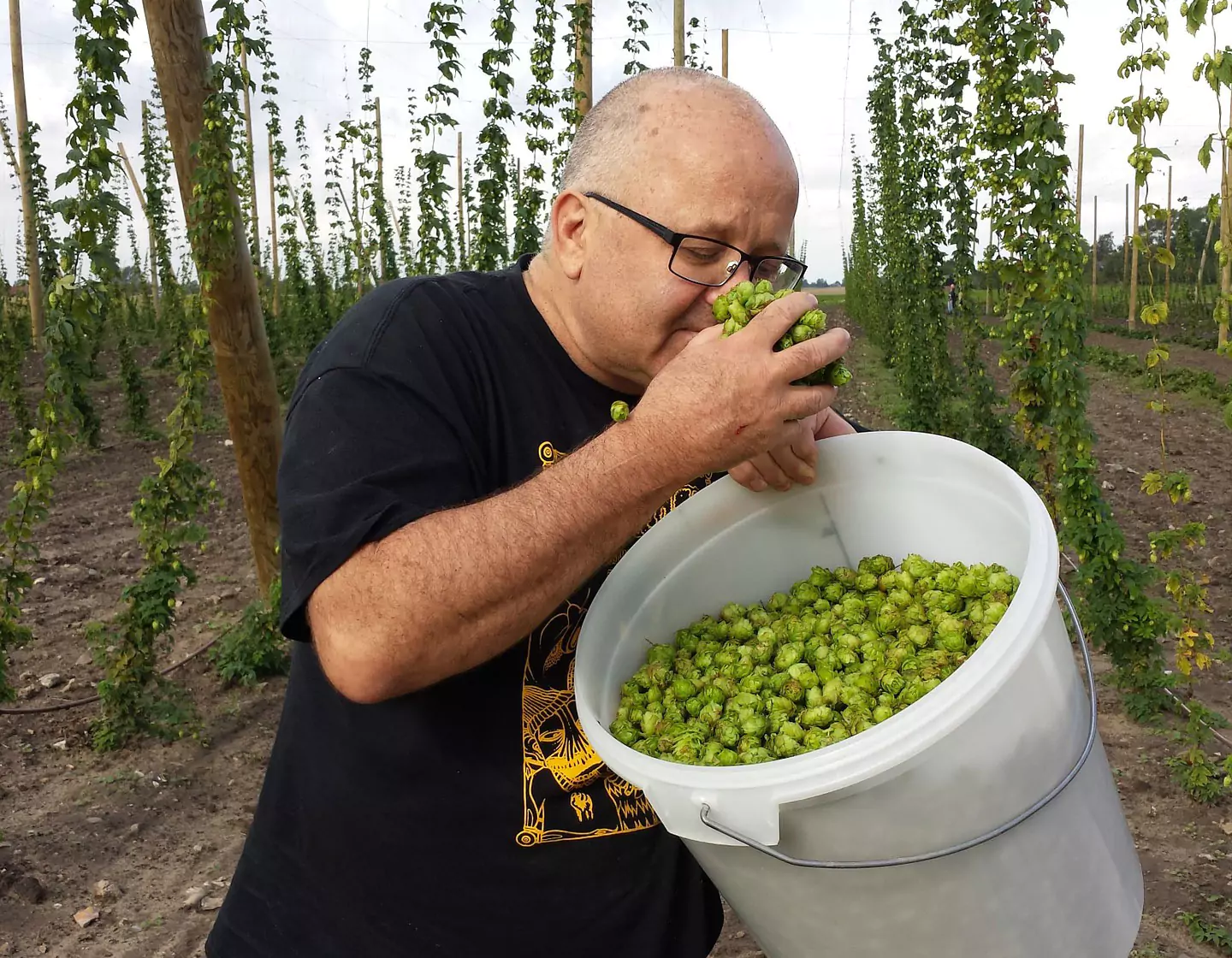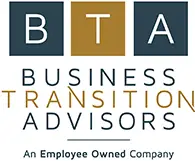Jacob Laxen from the Coloraroan – October 10, 2016
On the eve of the country’s largest beer event, employees from five different breweries toasted in a cheers of solidarity.
Everyone who filled the stage at Odell Brewing Co. that night had an ownership stake in their brewery. So did each of their co-workers.
“This is a celebration of employee ownership of breweries,” Wynne Odell told the gathering Wednesday at the brewery she co-founded, the night before the 2016 Great American Beer Festival. “Odell, Deschutes, New Belgium, Left Hand and Harpoon have committed ownership to the people who work at the company.”
BEER NEWS: Loveland brewery claims GABF gold medal
Odell and Harpoon collaborated to release EHOP Pale Ale, and Odell even tapped beers from the other ESOP (employee stock ownership plan) breweries, the first time the company founded in 1989 has poured someone else’s product at its Fort Collins taphouse.
The five breweries represented at Odell are all power players in the nation’s craft brewing scene, each among the 40 largest producers last year. Wisconsin’s New Glarus Brewing Co. is the only other operation offering ESOP among the more than 4,000 craft breweries in the United States.
As craft beer has evolved into a multibillion dollar industry, buyouts of smaller breweries by domestic and international brewing giants have become more prevalent. Unlike traditional ownership models, the ESOP model allows employees to have a voice in major business decisions, like whether to sell.
It also means the founders of successful breweries forfeit potential individual financial gains in exchange for bolstering their employees’ job security.
“We’ve had people coming to us saying, ‘We will put a lot of money in your pocket,’” said Eric Wallace, who co-founded Left Hand Brewing of Longmont in 1993. “It’s not all about the money. For us, it’s about the movement and making the world a better place through great beer.”
BUSINESS: Brinkman Partners adopts employee ownership
In an ESOP plan, brewery owners distribute shares of the company across employees, based on their time served. Shares based on the company’s value are managed in a trust. Employees retiring or leaving the company can collect their gains by selling their shares back to other employee owners.
Employees are also given a monetary incentive to promote the profitability of the business, along with a say on major decisions that would affect the standing of their shares.
“It sort of feels like the difference between being a renter and a homeowner,” said Alex Kayne, Odell’s marketing director. “In both scenarios, you live in the house, but one of them you actually care how it goes.”
The ESOP brewery model started a few blocks from the Odell toast at New Belgium Brewing Co. The maker of Fat Tire has offered some form of employee ownership since 1996.
New Belgium transitioned to full employee ownership in 2012. Employees of the country’s fourth-largest craft brewer had built up a 41 percent ownership stake before the switch.
“We’ve always been big believers in a high-involvement culture,” New Belgium co-founder Kim Jordan said in an August interview. “The biggest wonderful surprise (of New Belgium’s success) is how many opportunities there are to be pioneers and think differently about business.”
NEW BELGIUM: How a Fort Collins brewery put cookie dough in beer
Jordan, now the executive chair of New Belgium’s board of directors, often consults with other businesses on the ESOP model.
Deschutes Brewery of Bend, Oregon, began its ESOP transition in 2013 — the same year the brewery turned 25. Harpoon Brewing, which has locations in Boston and Windsor, Vermont, followed in 2014.
Harpoon’s ESOP transition happened when co-founder Dan Kenary retired, selling all of his shares to the ESOP that controls 48 percent of the Harpoon stock. The company bused in employees 125 miles from Windsor to Boston for the official announcement.
“We knew something was up because there had been a lot of higher level meetings going on at the time,” said senior brewer Todd Graham. “The news was the best way it could have gone. We now had control, not somebody else.”
Employees at Odell also knew something was up at a big quarterly meeting last year. Ballast Point of San Diego had just been sold for $1 billion.
BEER INDUSTRY: Craft brewers boot Breckenridge over A-B ownership
But while co-founder Doug Odell did tell his employees the brewery was sold, after a long pause he announced it was to those gathered in the room, each of whom received a commemorative plaque. Odell employees currently have a 19 percent stock stake in the company.
Left Hand and New Glarus also transitioned to the ESOP model in 2015.
“We’ve wanted to enhance a culture of inclusion and empowerment,” Doug Odell said. “Selling to large brewer isn’t going to accomplish that in the long term. Taking private equity may keep it going for a while, but in the end there’s an outside force that has influence.
“Only way to stay truly independent was to go (employee-owned).”
The five employee-owned breweries that toasted together on stage hope more will join their cheers of solidarity.
Follow Jake Laxen on Twitter and Instagram @jacoblaxen
ESOP breweries
New Belgium Brewing Co., Fort Collins and Asheville, North Carolina
Launched employee-ownership in 1996
Fourth-largest U.S. craft beer producer
Deschutes Brewery, Bend, Oregon
Launched employee-ownership in 2013
Eighth-largest U.S. craft beer producer
Harpoon Brewing, Boston and Windsor, Vermont
Launched employee-ownership in 2014
19th-largest U.S. craft beer producer
Odell Brewing, Fort Collins
Launched employee-ownership in 2015
32nd-largest U.S. craft beer producer
Left Hand Brewing, Longmont
Launched employee-ownership in 2015
39th-largest U.S. craft beer producer
New Glarus Brewing, New Glarus, Wisconsin
Launched employee-ownership in 2015
20th-largest U.S. craft beer producer


